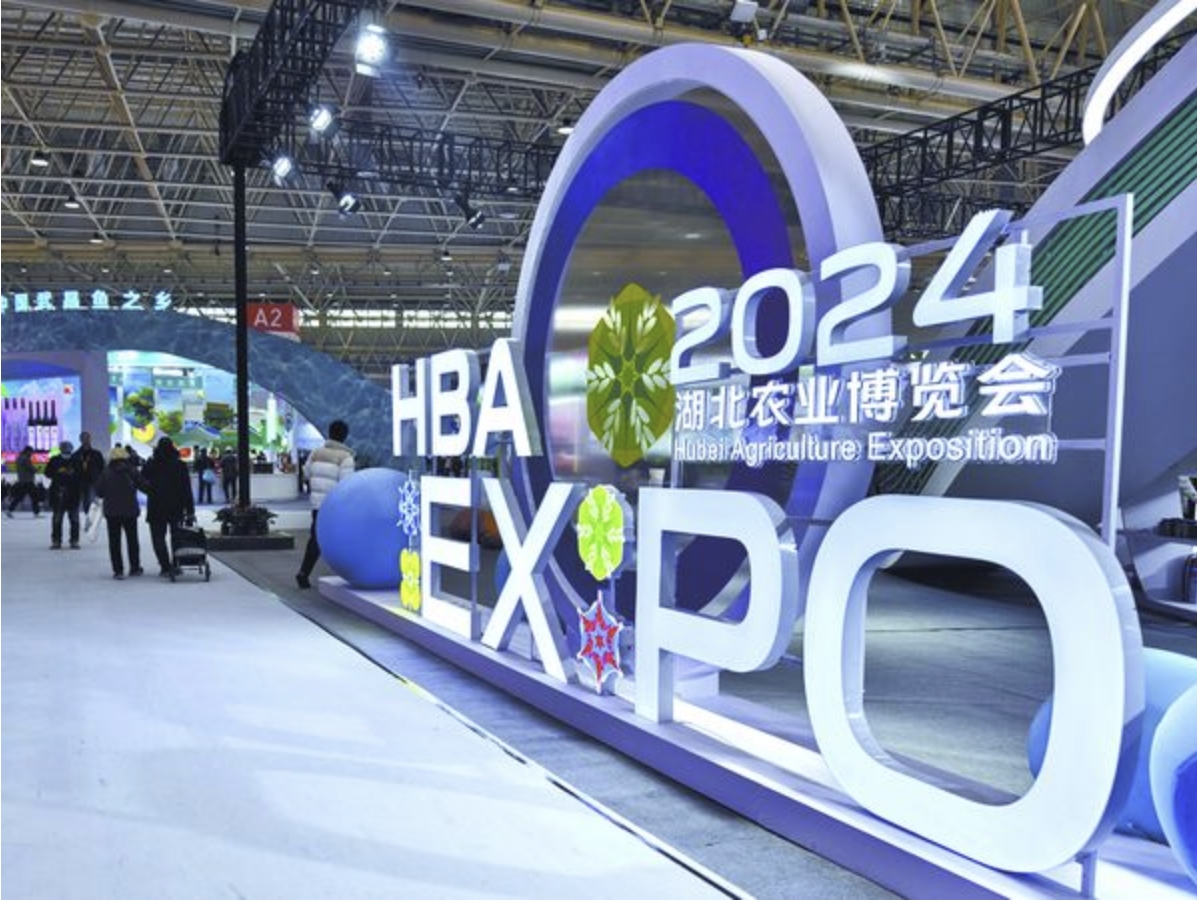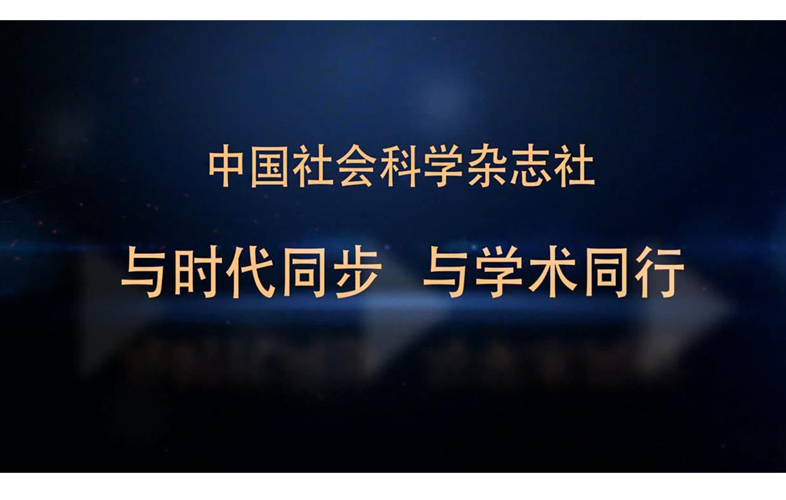Zhang Yuyan a and Xia Guangtao b
a School of International Politics and Economics, University of Chinese Academy of Social Sciences
b Institute of World Economics and Politics, Chinese Academy of Social Sciences
Abstract
Traditional international trade theories seldom consider the pursuit of power as maintaining and enlarging a country’s relative strength in the process of interstate competition. However, in the context of great power competition, the importance of power in the trade between advanced and latecomer countries has become more pronounced. Given this situation, we can establish a tractable and generalized international economic political framework for analyzing great power competition by introducing the power factor into classic two-country trade theory, treating the absolute welfare and relative welfare emphasized by economics and political science respectively as actors’ dual objectives, and making use of game theory methods. It can be found that in a two-country game composed of an advanced and a latecomer country, the latter will prefer a strategy of “enhancing its own strength and rectifying its own weak points,” while the former will favor a strategy that “worsens the other’s weak points and enhances the other’s strengths.” Once the technological gap that determines comparative advantage narrows, the advanced country will tend to totally suppress the latecomer and even “decouple” from it.
Keywords: great power competition, trade, power, welfare, dual efficiency



